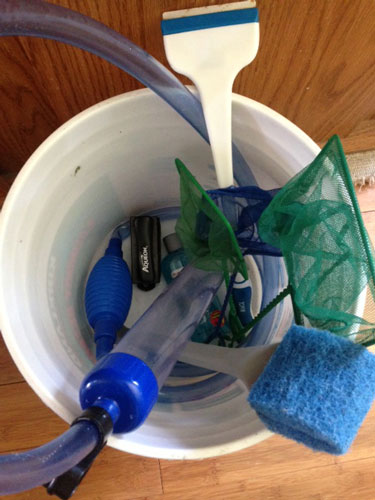Sensitive skin is becoming more common today, we don't know why this is but what we do know is that it can make some people's lives an absolute misery. Simply going out in the sun or using everyday skin care products and cleaning products and even some foods and drinks are enough to bring them out in an unsightly, itchy and distressing rash.
No one knows why some skin should be more sensitive than others but people with red hair or fair hair are more likely to develop sensitive skin than people who have darker skin although this isn't always the case. Anyone can have sensitive skin.
What are possible causes of sensitive skin ?
- The sun and other environmental factors such as cold, wind and rain as well as pollution and cigarette smoke
- Hot and spicy foods as well as alcohol which are vasodilators which mean they encourage the blood vessels to dilate allowing more blood through but in turn this can result in broken capillaries.
- Exposure to harsh chemicals in cleaning products, skin care products and cosmetics, particularly detergents, preservatives and fragrances
- Long term use of hydrocortisones
What should people with sensitive skin avoid?
- Spending too long in the sun - a suitable sun screen should always be used
- Anything that causes physical trauma to the skin such as vigorous massage, drying with a towel or abrasive exfoliates
- Products containing perfumes, particularly artificial fragrances
- Harsh preservatives
- Using soap on the skin
- Touching their skin too often, particularly without washing the hands first
- Wearing make up to bed
- Using hot water in the shower or bath
Sensitive skin tends to be thinner and more fragile than other skin types. As a result of this, the blood vessels nearer the surface often give the skin a pinkish tinge and can make them blush or redden or even bruise more easily.
If you have sensitive skin you may find you are more prone to allergic skin reactions, and to inflammatory skin conditions such as dermatitis, eczema and psoriasis. One of the main antagonists for sensitive skin is the harsh chemicals found in everyday skin care products and household cleaning products so wear protective clothing where possible and get into the habit of using only natural products but bear in mind that even natural ingredients including some essential oils can cause a reaction if you have sensitive skin.
It really is a case of trial and error to find out what does and what doesn't affect your skin and once you have identified anything that causes a reaction you can take steps to avoid that particular ingredient.
How to care for sensitive skin
Sensitive skin can range from dry to oily but needs moisture so a good moisturiser is important. This means looking for one that has been formulated for sensitive skin and for your skin type and which contains only natural ingredients that you have already identified as being suitable for your skin.
Always conduct a patch test before using a new product to be sure it won't bring you out in a rash or cause a reaction. Some ingredients are known to cause reactions in sensitive skinned individuals, for example, artificial fragrances which are often labelled as simply 'fragrance' on a product.
A skin care routine for sensitive skin should consist of cleaning and moisturising. Keep it as simple as possible, the less you put on your skin the better. This means that your products should be of the best quality. Avoid any products containing alcohol and stick to water based skin care products as they are probably best because alcohol can dilate the blood vessels and cause reddening of the skin. You should also avoid any greasy creams are these are likely to be too heavy for sensitive skin.
Sometimes products containing chamomile or calendula can soothe sensitive skin and you could also try products containing sweet almond oil, peach kernel oil, apricot kernel oil and jojoba but even these milder ingredients can be irritating to some people so don't forget to do a patch test first. You should also bear in mind that even if these ingredients are used in a product, there could also be other potentially irritating ingredients in the product along with them.
In summary, people with sensitive skin need to be as gentle as possible with their skin and to identify what irritates their skin and to avoid those things.

 Pufferfish Teeth Care
Because their teeth are constantly growing, pufferfish
Pufferfish Teeth Care
Because their teeth are constantly growing, pufferfish
 Fish and Fungus
Black Moor Q. I have two large black moor goldfish, one larg
Fish and Fungus
Black Moor Q. I have two large black moor goldfish, one larg
 What to Keep in Your Aquarium Maintenance Bucket
It is too easy for hobbyists, especially new ones, to become
What to Keep in Your Aquarium Maintenance Bucket
It is too easy for hobbyists, especially new ones, to become
 Keep Your Aquarium Clean With These Tank Tools
Success in maintaining a freshwater system takes applied kno
Keep Your Aquarium Clean With These Tank Tools
Success in maintaining a freshwater system takes applied kno
 Marine Nano Tank Problems
Marine Nano Tank Problems